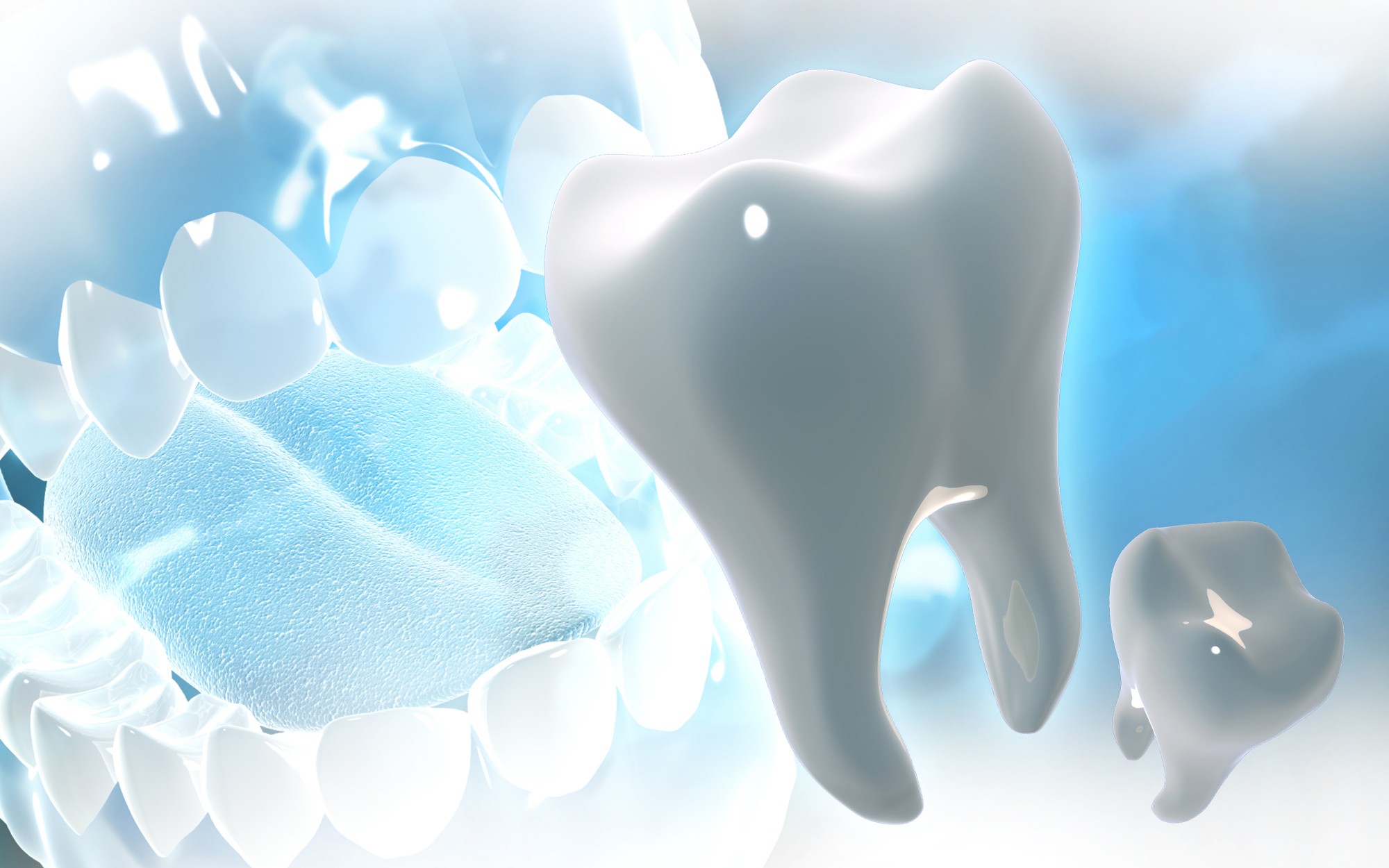This Blog was posted by Clearview Dental -Your Cosmetic Dental Clinic Milton, Ontario
The following information will help you through the physical and emotional adjustment that accompanies new dentures. Each mouth is unique and no two people’s experience will be identical, but we have attempted to answer questions most commonly asked by denture wearers.
What to Expect From Your New Dentures:
Despite all the time and effort they took to make, dentures aren’t your natural teeth. Learning to use them will require practice and patience. Dentures are a foreign body and at first their presence will create excess saliva, forcing you to swallow more often. Usually missing or badly broken-down teeth have been replaced, or a new denture replaced a badly worn one. This will result in some change in appearance. A tendency to gag and some initial soreness may also be present. Looseness, especially in the lower denture, will be a problem at first. All of these are normal, early sensations with new denture wearers. Don’t be alarmed by any of them. Patience and practice are all that’s required to overcome them.
More about ourMore Information here here
Speech:
The new dentures will feel foreign to your tongue and this may cause initial speech difficulty. Practice reading out loud, repeating difficult words and speaking slowly and deliberately. You may have to control your tongue’s tendency to thrust out and dislodge the lower denture at first.
Eating:
* * Ideal dentures restore 1/3 of the biting ability of natural teeth. You learn to compensate for this by:
* * At first avoid hard or sticky foods.
* * Bite with your knife & fork — i.e. — cut food and place it between your back teeth. Learn to chew on both sides of your mouth at once.
* * Cut food into small bites and chew straight up and down.
* * Eat slowly.
* * Be careful with hot food and drink. It’s easy to burn parts of your mouth when dentures disguise the heat at first.
* * Avoid biting on front teeth as much as possible, as this is damaging to the mouth. When you must bite something off, push the food in toward the teeth and bite, don’t pull it away.
Soreness and Adjustments:
There may be some initial soreness. If you can’t come to the office that day, take your dentures out and rest your mouth. The following day wear your dentures until you feel some soreness again. Call our office and you’ll receive care that day. Don’t repair or adjust dentures yourself or you may damage them. There is no fee for adjustments for one year after insertion. Any adjustment fee after this period will depend on the care required.
Once natural teeth are removed, there is a continual change in the mouth’s shape. This occurs to varying degrees in all denture wearers, most rapidly after insertion of immediate dentures (dentures put in the day your teeth are removed.) These changes require periodic adjustments and possibly relines. Mouth changes will be minimized if dentures fit properly and are kept clean.
Care and Cleaning:
Clean dentures are a must for healthy, pleasant-smelling mouths. Brush them twice daily with a special denture dentifrice and brush. Hold dentures over a sink full of water or above a wet towel while cleaning to avoid breakage if they are dropped.
Stain and odor can be reduced by soaking dentures for 30 minutes in 1 cup of warm water, 1 teaspoon Calgon and 1 teaspoon Clorox, once or twice a month. Food debris gets inside dentures too, so brush the insides and the outsides of dentures. Use a soft, regular toothbrush to brush and stimulate your gums and tongue, and rinse with a mouthwash to freshen your mouth.
Dentures should be left out of your mouth 8 of every 24 hours to allow blood to return to the tissue and keep them healthy. Nighttime is best, as many people clamp their teeth together in their sleep, and this is more damaging to dentures and your mouth than eating. While resting your tissues, leave dentures submerged in water with a little mouthwash added for freshness.
Looseness:
You’ll discover dentures will feel looser or tighter at different times of the day. Lower dentures are much harder to control due to less bone to hold them, and the perpetual movement of the tongue and lips. Practice placing the tip of your tongue on the inside of the lower denture and teeth to help seat it. Bite down and swallow to reseat upper dentures.
Coughing and sneezing will dislodge most dentures, so cover your mouth to avoid embarrassment and damage to teeth. If you are ill and feel you may vomit, remove dentures to protect them.
Use a denture adhesive only when advised to by our office. ‘Gluing” dentures in to create excessive tightness can damage the mouth. As with most denture problems, practice and patience are better permanent answers.
When you need help or have questions, never hesitate to call us. We’ll be glad to assist you.
More great Dental Blogs here:
https://www.ckrfm.com/dental-care-made-easy/
https://www.vybzfm.net/braces-dont-have-to-embarrass-you/
https://www.jhalawan.com/lingual-braces-a-treatment-option-for-crooked-teeth/
https://www.w9og.org/orthodontic-treatment-which-braces-are-best-for-you/
https://www.kheavenam.com/makes-winning-smile/
https://www.flash1039.com/gum-gingival-disease/
https://cnu18.org/looking-for-a-dentist/
https://www.jcrac.org/the-right-toothbrush-for-you/


 June 17th, 2024
June 17th, 2024  Benson Team
Benson Team  Posted in
Posted in 




